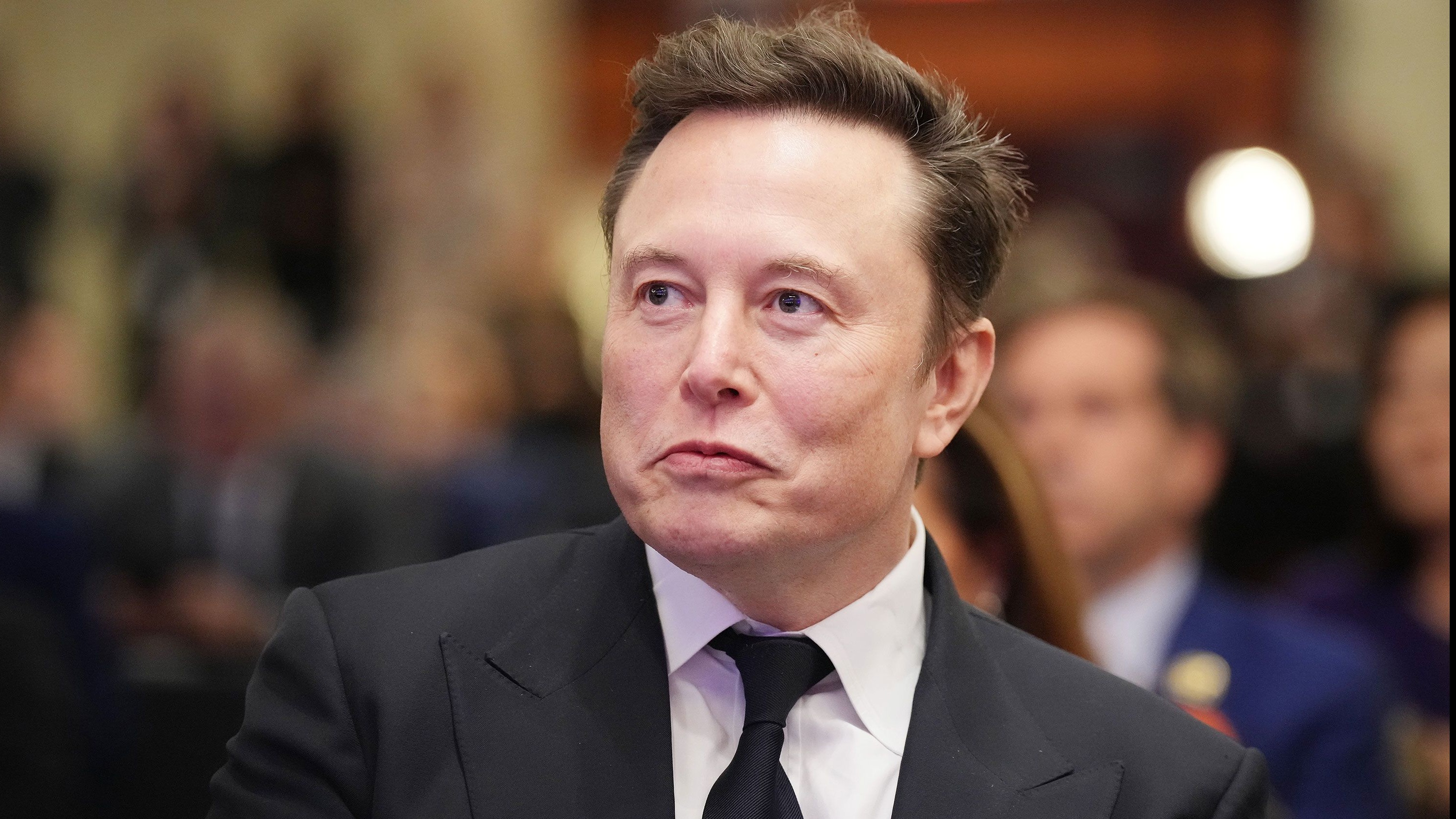
Elon Musk's Ambitious Pay Package: A Deep Dive into Its Implications
Recently, Elon Musk's massive pay package at Tesla has stirred significant attention and debate in the world of corporate governance. This groundbreaking proposal, valued at a staggering US$1 trillion, signifies not only an unprecedented figure for CEO compensation but also raises pressing questions about shareholder rights, corporate accountability, and the implications of favorable state laws.
Changing Corporate Landscape: From Delaware to Texas
The transition of Tesla’s corporate residency from Delaware to Texas marks a pivotal shift in how corporations navigate regulations and shareholder rights. Historically, Delaware's well-established corporate laws prioritized shareholder protection, making it a favored state for incorporations. However, after a judge deemed Musk's earlier US$56 billion pay proposal as “unfathomable” in terms of fairness to shareholders, Tesla's board sought refuge in Texas, where business-friendly regulations offer a more permissive landscape for executive compensation.
The Texas Advantage: A Closer Look at Shareholder Rights
Under Texas law, companies can now enforce a minimum three percent stock ownership requirement for shareholders wishing to litigate against corporate decisions. This new regulation presents a formidable barrier for smaller investors, effectively limiting their ability to challenge substantial decisions made by a company's board. With only major institutional investors like Vanguard and BlackRock typically meeting this threshold, the change has created a debate surrounding the fairness and accessibility of governance processes. As a result, critics argue this could translate to a disproportionate power dynamic favoring broader corporate interests over the individual rights of small shareholders.
Investor Sentiments: Tension Between Growth and Governance
While some investors view Musk's visionary plans for Tesla as beneficial to future growth, optimism is countered by skepticism regarding the ethical implications of such a vast compensation package. The New York State Comptroller, echoing concerns from various stakeholders, criticized the new bylaw stipulating the three percent threshold as misleading. Calls have emerged asking Tesla shareholders to consider revoking this provision during their annual meeting amidst voting on the pay package. This friction reflects a fundamental tension between ambitious corporate strategies and responsible governance practices.
Legal Battles Looming: Rulings That Could Alter the Landscape
Tesla’s prior legal entanglements are still under appeal, as the original ruling against Musk's previous pay package remains a focal point in shareholder discussions. While the current environment in Texas may insulate Tesla from immediate challenges concerning Musk's new pay proposal, the court's previous judgments could set crucial precedents affecting how other companies approach executive compensation. These potential future legal challenges may influence investor confidence across the tech industry.
The Broader Implications: What This Means for Shareholders
The unfolding situation at Tesla is emblematic of larger trends occurring in corporate America. As more companies explore relocation to states with looser regulations, shareholder rights could face broader erosion. Stakeholders are left to grapple with controversial decisions that prioritize rapid growth and share price increases, often at the expense of investor rights.
What’s Next for Tesla Shareholders?
As the annual meeting approaches where Musk's mega-pay plan will be debated, shareholders are faced with a pivotal choice: endorse an ambitious vision for Tesla's future potentially benefiting from Musk's leadership or challenge a governance structure that may limit their rights. The debate encapsulates a significant struggle within the corporate framework—a balance between innovation and accountability.
As you consider the implications of Elon Musk's unprecedented pay package and its context within shareholder rights, stay informed about the latest developments in corporate governance and investor relations. Engaging in these discussions not only empowers you as an investor but also contributes to a larger conversation about the values and standards we expect from the corporations that shape our economy.
It's essential for Tesla shareholders and interested investors to take active roles in upcoming votes and discussions. Follow Tesla's annual meeting closely to voice your opinion and consider the broader implications of how corporate governance is evolving in America.
 Add Element
Add Element  Add Row
Add Row 



Write A Comment